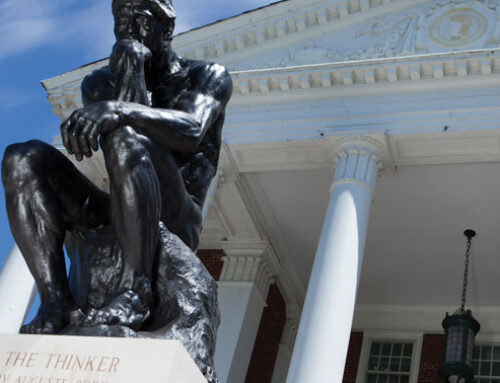By Victoria Henry–
Post-Traumatic Stress Disorder is more common than most people think and a lot of college students suffer from it without many of their peers even realizing. In today’s society, PTSD has negative stigma attached to it and student veterans are ready to speak out against the negativity.
“People think (those who suffer from PTSD) are ticking time bombs just because we have PTSD and this is completely false,” said Aaron Spalding, medically retired U.S. Army Staff Sergeant and a student at the university.
“I never feel like I’m just about to lose it on somebody, I only find myself constantly hyper-aware of my surroundings and having trouble focusing because I’m worried about every little thing that I hear, see and smell going on around me,” Spalding said.
Veterans with PTSD are not “ticking time bombs.” This negative connotation has been created by the media and false presumptions.
Sergeant First Class John Cooley, current U.S. Army active duty veteran, student at Coastline Community College and Military Science Instructor at U of L said his PTSD affects him socially. When he is walking around campus he is always aware of his surroundings, completely scanning the area before proceeding. When he goes into classrooms, offices, restaurants, etc. he makes sure to sit in a spot where he has a view of the building and the people in it.
Both of these veterans say that certain sights, smells and sounds can trigger their PTSD thoughts, but even these triggers are not enough to make them “blow-up” like most people think. The sound of an airplane flying very close over-head is a frequent sound on campus and is one of the many triggers for veterans like Spalding and Cooley.
A trigger such as this causes someone affected by PTSD to be startled, have flashbacks and/or instantly worry about their safety because of a traumatic event they once associated with that sound. None of which are reactions that deserve negative stereotypes. These reactions are simply due to the fact that they have seen and experienced things that most people have not and no human being can be the same afterwards.
Spalding, Cooley and many other student veterans do not like being looked at in a negative light. There is no reason to be afraid of or look at a student veteran negatively because they suffer from PTSD. Veterans with PTSD are ten times more likely to commit suicide then they are to commit homicide. This meaning, they are not a ticking time bomb, but rather normal people who suffers from a traumatic experience and in turn, possibly depression.
If you see a student veteran who seems to be acting anti-social or acutely aware of their surroundings, offer a smile, a listening ear or friendship. Experts say veteran students with PTSD need to be honored for their service and sacrifice and they deserve friendship more than anything.





